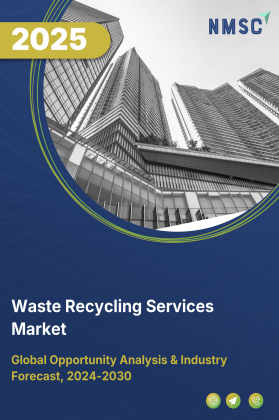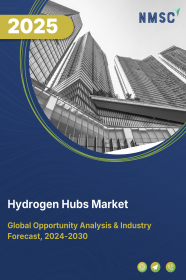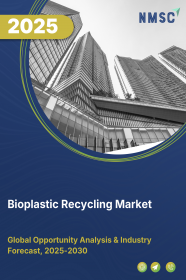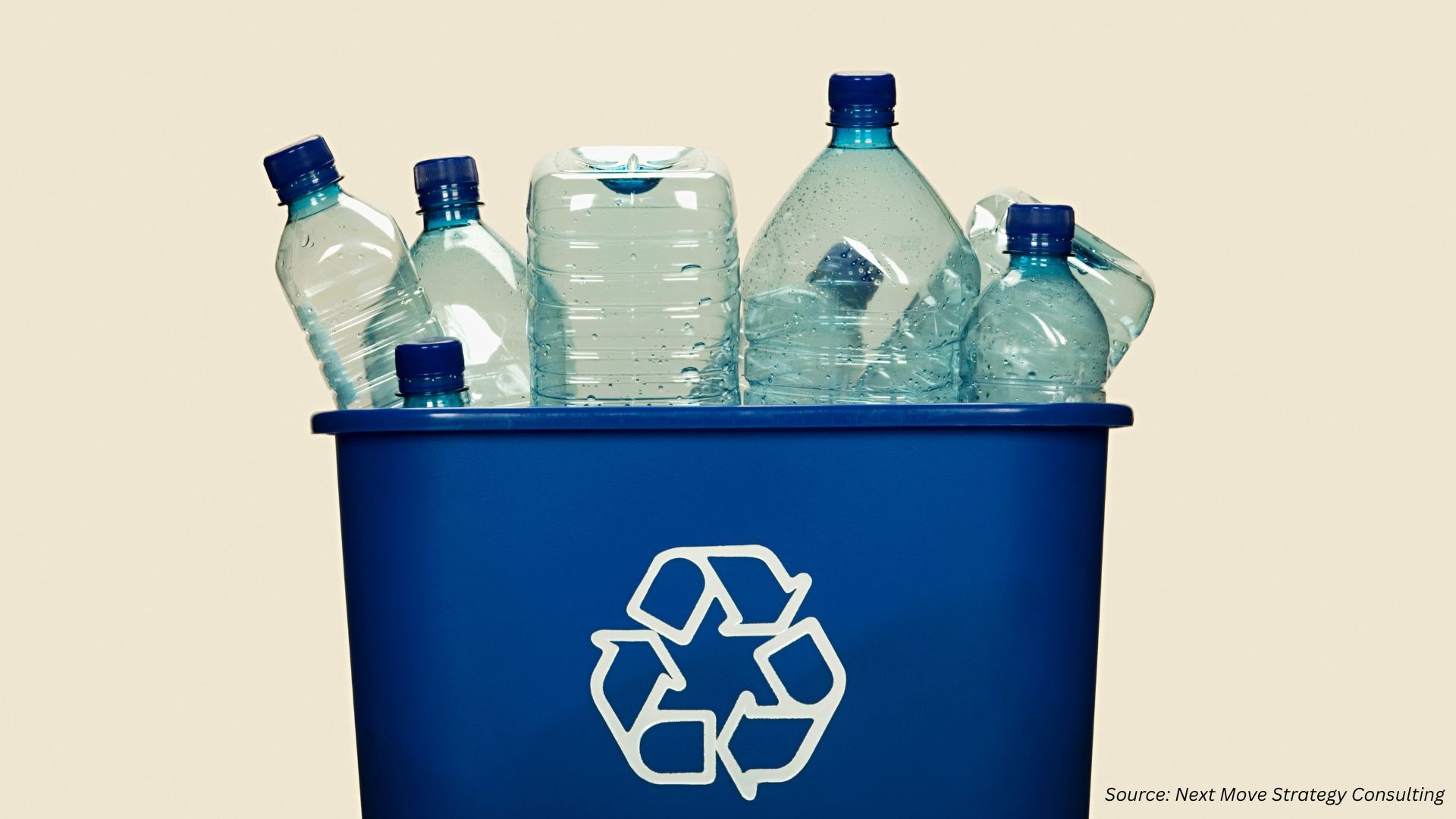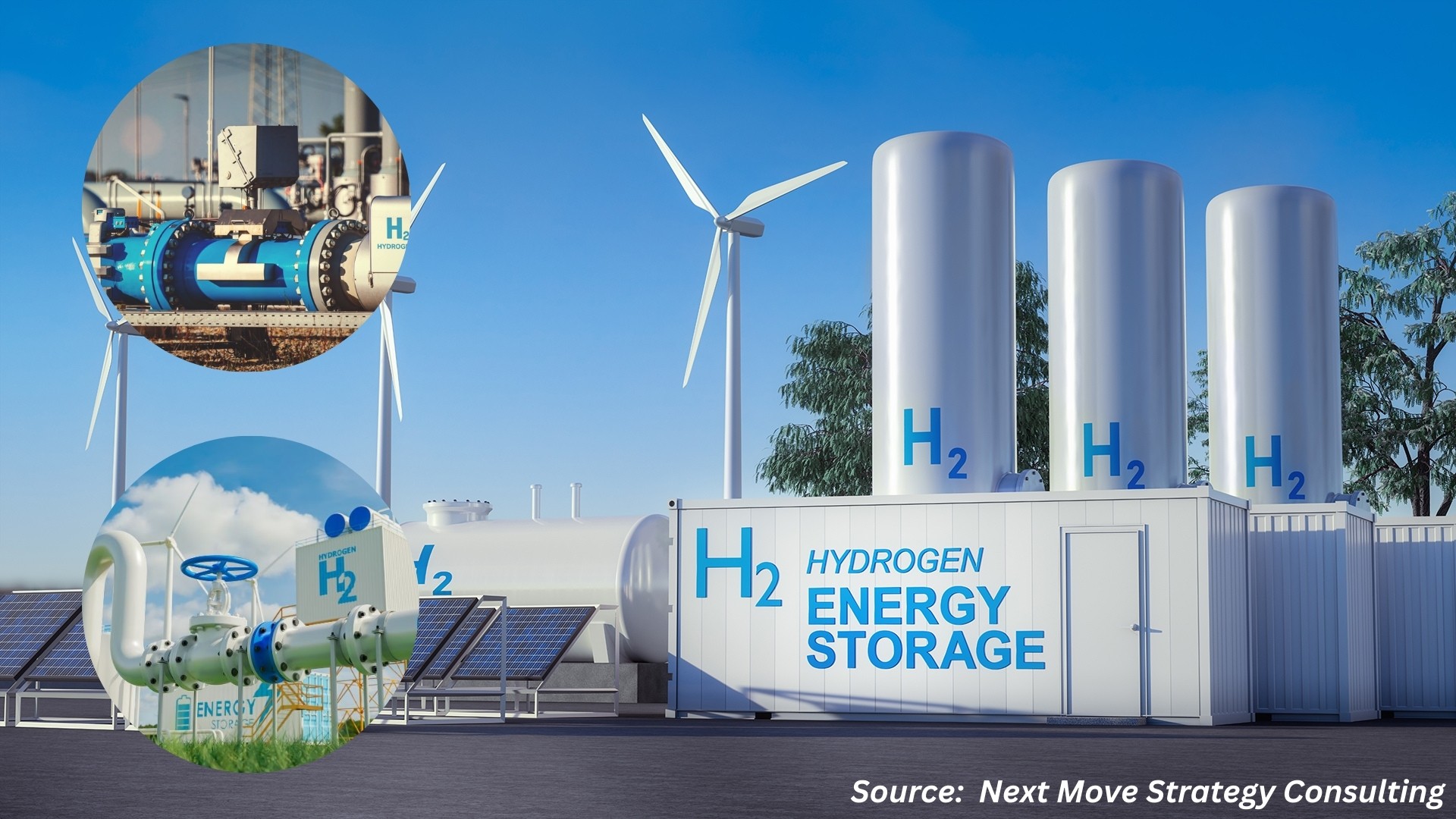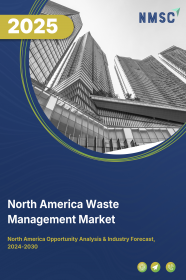
North America Waste Management Market by Waste Type(Hazardous Waste, and Non-Hazardous Waste), by Service(Collection, and Disposal), by Source(Residential or Municipal Waste, Commercial Waste, and Industrial Waste) – Opportunity Analysis and Industry Forecast, 2024–2030
Industry: Energy & Power | Publish Date: 03-Oct-2025 | No of Pages: 115 | No. of Tables: 204 | No. of Figures: 137 | Format: PDF | Report Code : EP1240
North America Waste Management Market Overview
The North America Waste Management Market size was valued at USD 98.48 billion in 2023, and is predicted to reach USD 157.80 billion by 2030, at a CAGR of 5.9% from 2024 to 2030.
The North America waste management market involves a wide range of services and activities aimed at managing and mitigating the impact of waste generated by various sectors including residential, commercial, industrial, and healthcare. It includes the collection, transportation, processing, recycling, and disposal of waste materials in a manner that is environmentally responsible and sustainable. The market also involves the development and implementation of technologies and practices that promote waste reduction, resource recovery, and the safe handling of hazardous materials.
Key components of the waste recycling market include waste collection services, recycling facilities, waste-to-energy plants, landfill operations, and environmental consulting services. As awareness of environmental issues grows, the waste recycling market continues to expand, driven by growing population, technological advancements, and increasing public demand for sustainable waste solutions.
Surging Urbanization Fueling Next-gen Waste Infrastructure in North America
As North American cities continue to expand at an unprecedented pace, urban growth is placing intense pressure on waste handling and sanitation systems. The rapid concentration of populations in metropolitan areas is increasing the volume and complexity of waste—from construction debris and e-waste to food and plastic waste. This shift is triggering a strong demand for scalable, technology-enabled waste management infrastructure. City planners and municipal bodies are embracing smart solutions, including IoT-based bin monitoring, AI-powered route optimization, and data-driven waste audits to cope with the mounting urban waste burden. These advancements are reshaping how waste is collected, processed, and reused in high-density urban corridors.
Progressive Policies and Recycling Frameworks Catalyzing Industry Transformation
The waste management landscape in North America is undergoing a policy-driven overhaul, with governments at all levels enacting forward-thinking legislation to curb environmental degradation. Regional waste strategies emphasize landfill reduction, mandatory recycling, and composting programs—driving widespread adoption of source-segregation practices and material recovery facilities (MRFs). Producer responsibility laws are also compelling manufacturers to design products with end-of-life recovery in mind, stimulating private investments in advanced recycling technologies. These regulatory measures are creating a fertile environment for public-private collaborations and innovation in circular waste systems across both urban and rural zones.
Complex Regulatory Landscape Impeding Operational Flexibility
While environmental regulations in North America are essential for sustainable waste management, the fragmented and often inconsistent policy environment poses a major challenge for service providers. Differing compliance standards across federal, state, and municipal levels lead to logistical bottlenecks, especially for companies operating across multiple jurisdictions. Obtaining environmental permits, managing hazardous waste certifications, and staying aligned with evolving recycling mandates require significant time, capital, and legal expertise. These constraints particularly hinder smaller operators and startups from scaling or introducing novel waste technologies, ultimately slowing market innovation and responsiveness.
Emergence of Waste to Energy as a Strategic Growth Opportunity
North America is increasingly tapping waste‑to‑energy (WTE) to alleviate landfill constraints and meet climate targets. Federal agencies (DOE’s BETO/NREL) are guiding 20 community projects across 14 states through a 2024 technical‑assistance initiative, while grants exceeding USD 24 million support both thermal (combustion, gasification) and biological (anaerobic digestion) systems.
State mandates—California’s SB 1383 (20 percent organics diversion by 2025) and similar targets in British Columbia—ensure ample feedstocks, and the Infrastructure Act’s USD 3.5 billion in recycling/organics funds underpins new WTE build‑outs.
Today’s 75 commercial U.S. WTE plants process over 30 million tons of residual MSW annually, with capacity forecasted to grow at a 3.5 percent CAGR through 2030. By converting waste into power, heat, or biofuels—and reducing landfill volume by up to 90 percent—WTE is poised as a cornerstone of North America’s circular‑economy transition.
The U.S. Dominates the North America Waste Management Market Share
Government initiatives are fueling the growth of the waste management market in the country by promoting sustainable waste practices and supporting the development of advanced waste management infrastructure. For example, in July 2024, the Biden-Harris Administration unveiled a new strategy Mobilizing Federal Action on Plastic Pollution Progress, Principles, and Priorities, to tackle the escalating crisis of plastic pollution. These efforts contribute to a more robust and efficient waste management market that helps to address environmental challenges and improve overall waste management outcomes.
Moreover, the recent innovative product launches by key market players such as ISB Global, Waste Management, Inc., and others are further fueling the growth of the market. These companies are introducing cutting-edge solutions and technologies that address emerging market needs and enhance operational efficiency.
For instance, in May 2024, ISB Global announced to launch its Waste and Recycling One software in the U.S. that aims to enhance operational efficiency within the waste management and recycling sectors. The introduction of innovative products not only meets evolving consumer demands but also drives competition, encouraging further innovation and growth within the industry.
Canada to Witness Substantial Growth in the North America Waste Management Market
The increase in waste generation across the country fuels the growth of the market in Canada. As both residential and industrial waste volumes rise, there is a growing need for effective waste management solutions to handle and process this increased waste. As per the Government of Canada, the plastic waste in Canada accounted for 4 million tons in 2023 as compared to 3.5 million tons in 2018, an increase of 14.3% in the span of 5 years. This surge in waste generation drives demand for advanced waste reduction technologies and services, leading to market expansion and the development of more efficient waste handling practices.
Furthermore, government initiatives are further driving the growth of the Canada waste management market by advancing sustainable waste treatment practices and supporting infrastructure development. For example, in 2019, the key federal organizations led by Environment and Climate Change Canada launched the Zero Plastic Waste Horizontal Initiative, aiming to keep plastics in use within the economy and out of the environment by 2030. Government actions, such as introducing stricter regulations and providing financial support for waste control projects, stimulate innovation and efficiency within the industry, further accelerating market growth.
Competitive Landscape
The promising key players operating in the North America waste management industry includes Veolia Environnement S.A, Waste Management, Inc, Republic Services, Inc, Waste Connections, GFL Environmental, Clean Harbors, Inc, Radius Recycling, Inc, Stericycle, Inc, Casella Waste Systems, Inc, Waste Pro USA, Rumpke Waste and Recycling, Crystal Clean, Inc, Clean Earth, Lakeshore Recycling Systems (LRS), SCS Engineers, FCC Environmental Services, Li-Cycle Holdings Corp, PyroGenesis Canada Inc, and others.
North America Waste Management Market Key Segments
By Waste Type
-
Hazardous Waste
-
Solid Waste
-
Liquid Waste
-
Gaseous Waste
-
-
Non-Hazardous Waste
-
Food
-
Paper and Cardboard
-
Plastic
-
Glass
-
Metal
-
Water
-
E-Waste
-
Others
-
By Service
-
Collection
-
Collection and Transportation
-
Storage and Handling
-
Sorting
-
-
Disposal
-
Open Dumping
-
Incineration/Combustion
-
Landfills
-
Recycling
-
Composting and Anaerobic Digestion
-
By Source
-
Residential or Municipal Waste
-
Commercial Waste
-
Offices and Retail Stores
-
Hospitals
-
Restaurants
-
Other Commercial Sources
-
-
Industrial Waste
-
Manufacturing Waste
-
Construction, Renovation, and Demolition Waste
-
Agriculture Waste
-
Medical Waste
-
Other Industrial Sources
-
By Country
-
The US
-
Canada
-
Mexico
Key Players
-
Veolia Environnement S.A.
-
Waste Management, Inc.
-
Republic Services, Inc.
-
Waste Connections
-
GFL Environmental
-
Clean Harbors, Inc.
-
Radius Recycling, Inc.
-
Stericycle, Inc.
-
Casella Waste Systems, Inc.
-
Waste Pro USA
-
Rumpke Waste and Recycling
-
Crystal Clean, Inc.
-
Clean Earth
-
Lakeshore Recycling Systems (LRS)
-
SCS Engineers
-
FCC Environmental Services
-
Li-Cycle Holdings Corp.
-
PyroGenesis Canada Inc.
Report Scope and Segmentation
|
Parameters |
Details |
|
Market Size Value in 2023 |
USD 98.48 billion |
|
Revenue Forecast in 2030 |
USD 157.80 billion |
|
Value Growth Rate |
CAGR of 5.9% from 2024 to 2030 |
|
Analysis Period |
2023–2030 |
|
Base Year Considered |
2023 |
|
Forecast Period |
2024–2030 |
|
Market Size Estimation |
Billion (USD) |
|
Growth Factors |
|
|
Companies Profiled |
18 |
|
Countries Covered |
10 |
|
Customization Scope |
Free customization (equivalent up to 80 working hours of analysts) after purchase. Addition or alteration to country, regional, and segment scope. |
|
Pricing and Purchase Options |
Avail customized purchase options to meet your exact research needs. |

















 Speak to Our Analyst
Speak to Our Analyst



